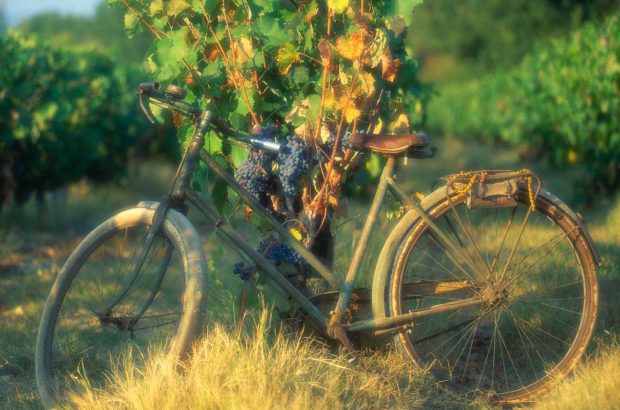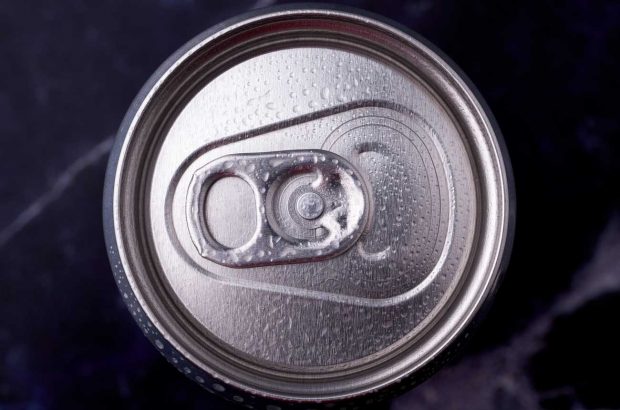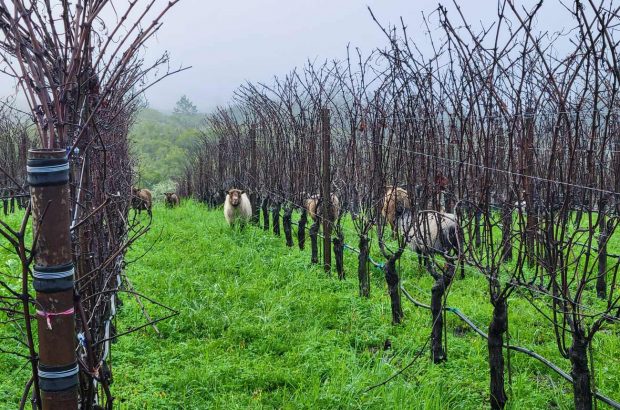Eleven of the world’s most famous chefs gathered last month in Copenhagen to decide the future of gastronomy.
While business leaders and scientists met in the Danish capital on the weekend of May 24-26 to discuss global warming at the World Business Summit on Climate Change, a different summit took place at René Redzepi’s Noma – recently ranked number 3 of the world’s top 50 restaurants.
After a day spent tasting and foraging for wild herbs, flowers and plants – including bulrush stems, pine-tree shoots and seaweed pods – each chef set about creating a new dish that encapsulated rawness.
‘Cook It Raw’ was intended as a workshop where today’s gastronomical thinkers could get together and explore how modern food can work within an ecological approach to living.
The chefs aimed to produce the finest dishes with limited electricity, playing with aspects of rawness with uncooked ingredients and wild and local foods.
‘The results were amazing,’ event organiser Alessandro Porcelli said. For Albert Adria, brother of Ferran and co-founder of El Bulli at Rosas on the French border, now running a tapas bar in Barcelona, that translated into a 40-second microwaved ‘natural sponge’ cake.
Pascal Barbot, of l’Astrance in Paris and another of the event’s 3-Michelin-starred chefs, made his dish of marinated mackerel, nasturtium leaf, raw turnip and puréed angelica.
Davide Scabin of Turin’s Combal.Zero used hours of manpower to turn the cheapest, hardest cut of beef shoulder into the costliest steak tartare.
Massimo Bottura, of Osteria Francescana in Modena, Italy, produced an edible parable on the future fate of the seas in his dish, ‘Pollution’: a green sea of raw oysters and sea asparagus purée inhabited by squid and seaweed was topped with what looked like toxic foam – actually made from aromatic Amalfi lemon froth.
‘Eating raw is less a trend than a politically correct approach to today’s ecological dilemma,’ he said. ‘We have a responsibility to use wild and well-grown ingredients well, not to spoil them by bad cooking. Saving energy and appreciating the pure flavours of natural ingredients is an antidote to the disastrous effect we’re having on our planet, and points a way forward.’
Written by Carla Capalbo




